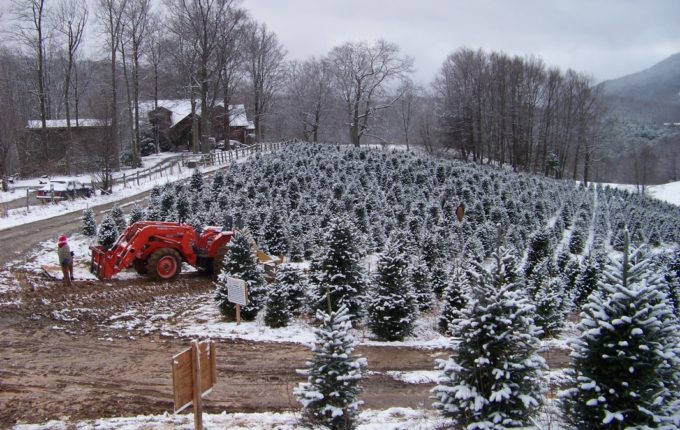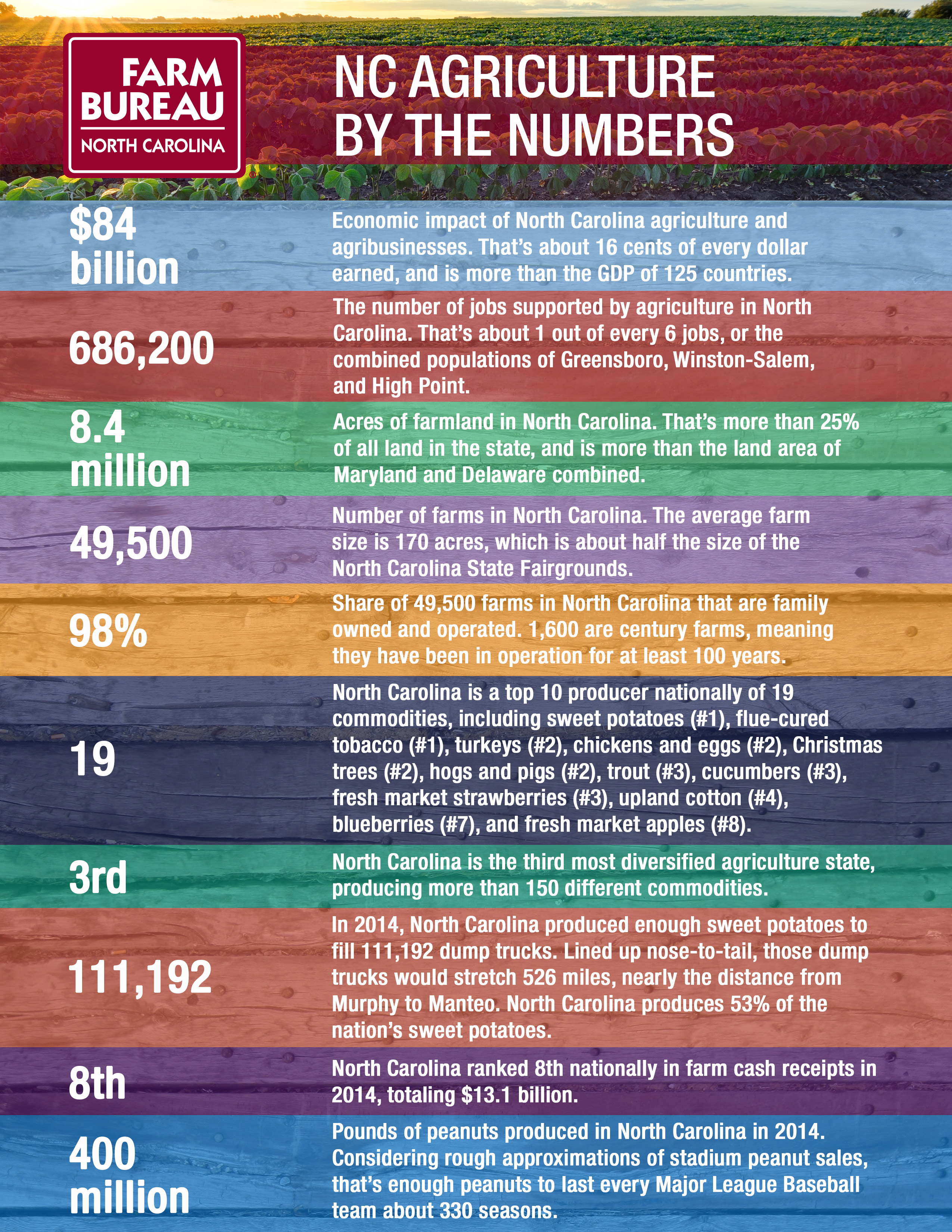The holidays are finally here, and that mean many of you either already have or soon will be decorating your Christmas Tree. What you may not realize is just how lucky we are here in North Carolina to have a large, thriving community of Christmas tree growers. In fact, North Carolina Christmas Trees are so famous they have been selected as the White House Christmas Tree a dozen times since 1970. So this week, in the spirit of the season, we’re lighting up the NC Christmas Tree Industry!
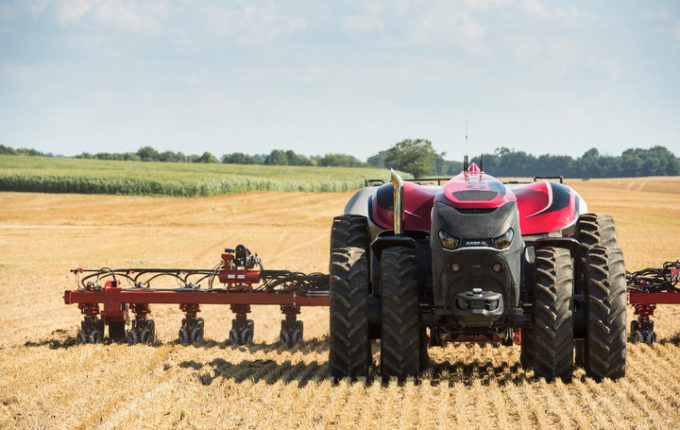 Technology
Technology
Self-driving cars have been a hot topic for the past couple of years or so, with companies like Google, Uber, and Tesla doing some serious work to advance the autonomous vehicle concept. But despite the attention and the progress that’s been made, the world of driverless cars is still at least a few years away.
Meanwhile, out in the fields of rural America, farm equipment has been driving itself for the better part of two decades. Companies like John Deere, Case IH, Autonomous Tractor Company, and New Holland have been developing auto-steer and GPS-guided equipment that has helped define the future of precision agriculture. Want to see it in action?
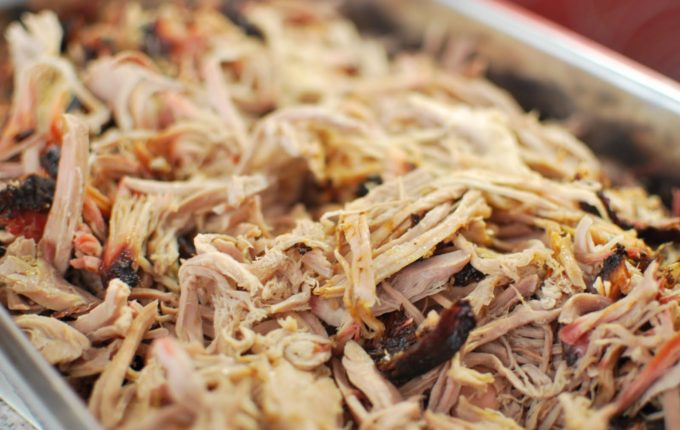 Economy / Food
Economy / Food
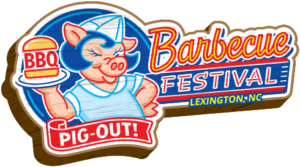 Each year, thousands of barbecue lovers descend upon the “Barbecue Capital of the World”, Lexington, NC, to taste some of the best barbecue in the nation. In 2016, it is estimated that more than 150,000 are expected to attend the nationally recognized 33rd annual Lexington Barbecue Festival this Saturday from 8:30am to 6:00pm.
Each year, thousands of barbecue lovers descend upon the “Barbecue Capital of the World”, Lexington, NC, to taste some of the best barbecue in the nation. In 2016, it is estimated that more than 150,000 are expected to attend the nationally recognized 33rd annual Lexington Barbecue Festival this Saturday from 8:30am to 6:00pm.
But, what makes Lexington barbecue so special?
This week’s gas shortage in North Carolina presents an opportunity to talk about another reality of daily life some people often take for granted: our food supply.
The recent Colonial Pipeline leak in Alabama is a reminder that a disruption in local gas deliveries can create panic and confusion among consumers. But what would it look like if North Carolinians were facing a food shortage? We’re talking about a situation in which consumer access to food is significantly disrupted and people have difficulty finding basic food products such as milk, bread, meat and produce. It wouldn’t be a pretty picture that’s for sure.
Written by Dan Gerlach, President of the Golden LEAF Foundation.
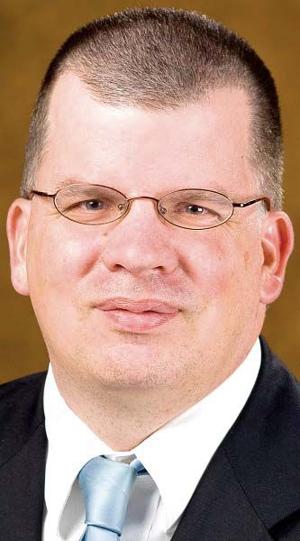 The Golden LEAF Foundation was created to ensure to ensure there would be dedicated resources to help transform the economy of rural, tobacco-dependent and economically distressed communities in North Carolina.
The Golden LEAF Foundation was created to ensure to ensure there would be dedicated resources to help transform the economy of rural, tobacco-dependent and economically distressed communities in North Carolina.
During my more than 20 years in North Carolina and my almost eight years as President of Golden LEAF, there’s no doubt in my mind that the heart and soul of the innovation, creativity, risk-taking, vision, and significance of North Carolina can be found in the farmer and grower.
Earlier this year, the Golden LEAF Board of Directors stepped out of our usual grantmaking processes to create a fund to support the development of major industrial sites across North Carolina. This fund would reduce the time it takes a big manufacturer to be build a plant and hire North Carolina workers, exporting product all over the United States and all over the world. With this $25 million, there would be no requirement that a company be committed, but rather faith that this seed corn would facilitate the location of good-paying manufacturing jobs to North Carolina. Manufacturing has long been part of rural North Carolina’s past, and certainly important to its future – though in a different way.
So it should be no surprise that our Board of Directors made one of the biggest commitments in our history – $45 million – to ensure that a facility on NC State’s Centennial Campus in Raleigh to house the Plant Sciences Initiative would be built. Manufacturing and agriculture are the two great workhorses of our rural economy, and are a major part of our future as well.
 Food
Food
Tomorrow night marks the premiere of Season Four of the hit PBS show A Chef’s Life, which “follows the trials and travails of Chef Vivian Howard and her husband, Ben Knight, and their farm-to-table restaurant, Chef & the Farmer, exploring both traditional and modern applications of quintessential Southern ingredients.” The show won a Peabody Award in 2014 and a Daytime Emmy Award in 2015, and has received plenty of critical acclaim so you should definitely tune in.
North Carolina Farm Bureau has been a long-time supporter of the show because of its loving and honest depiction of life and farming in Eastern North Carolina. And as more consumers come to link their opinions about food with their understanding of farming, A Chef’s Life provides an honest and unsensational glimpse into the life and work of farmers.
Written by Dr. Richard H. Linton, Dean of the College of Agriculture and Life Sciences at North Carolina State University.
.jpg) Nearly everywhere I go, it seems the conversation always includes concerns about student access or acceptance to a 4-year undergraduate degree – especially for kids from rural and farming communities. We hear this message loud and clear, and I want to let you know our college is fully committed to helping all qualified students find their path to CALS.
Nearly everywhere I go, it seems the conversation always includes concerns about student access or acceptance to a 4-year undergraduate degree – especially for kids from rural and farming communities. We hear this message loud and clear, and I want to let you know our college is fully committed to helping all qualified students find their path to CALS.
Paths to CALS
CALS is open for undergraduate students, and we are growing existing initiatives and developing new ones to help students access the college. We now have different paths to meet the needs of different students that are applying to CALS.

